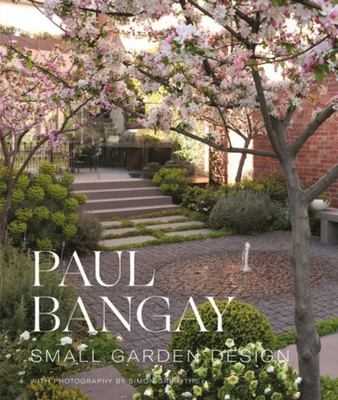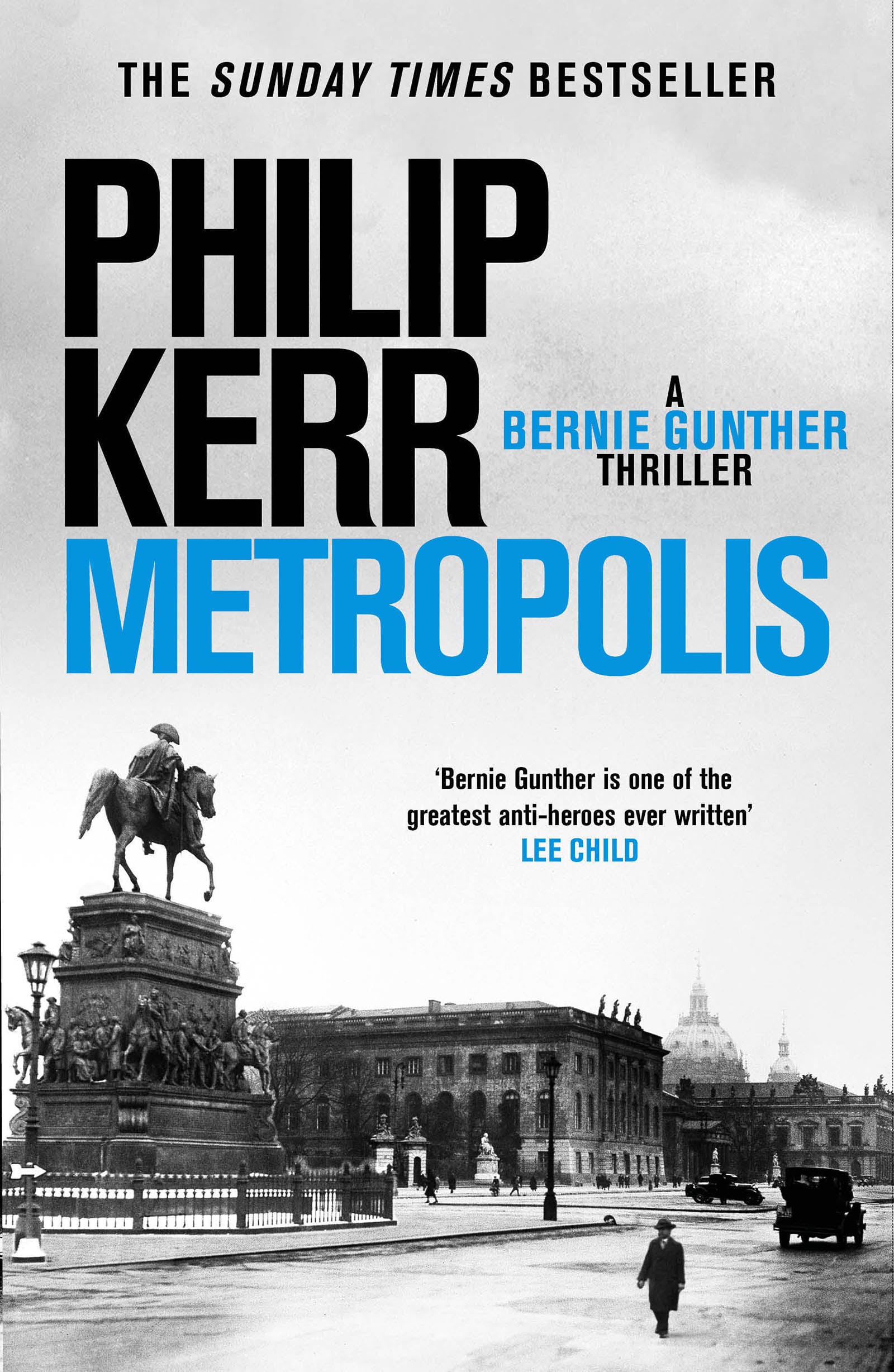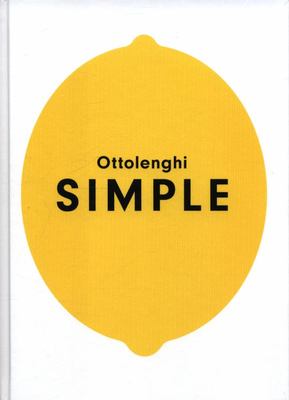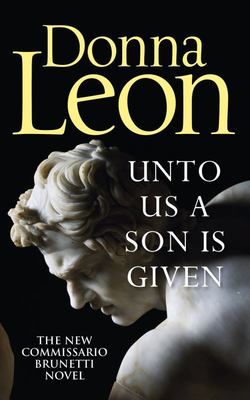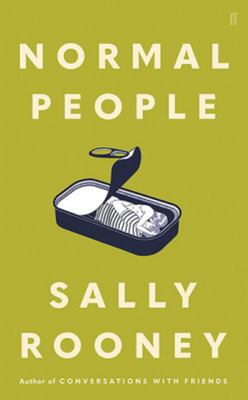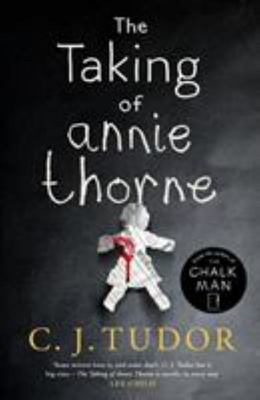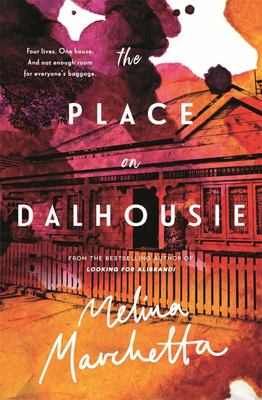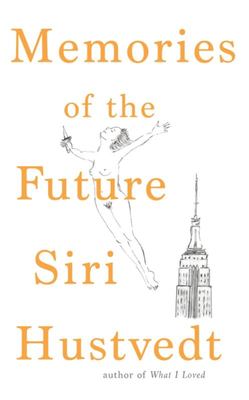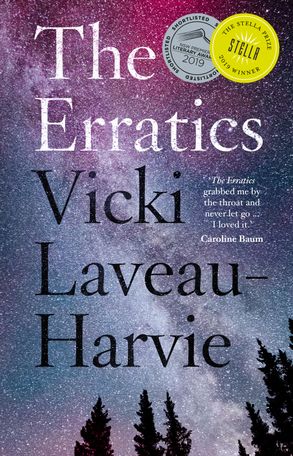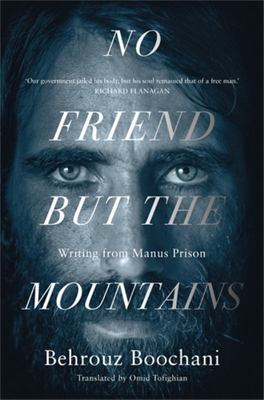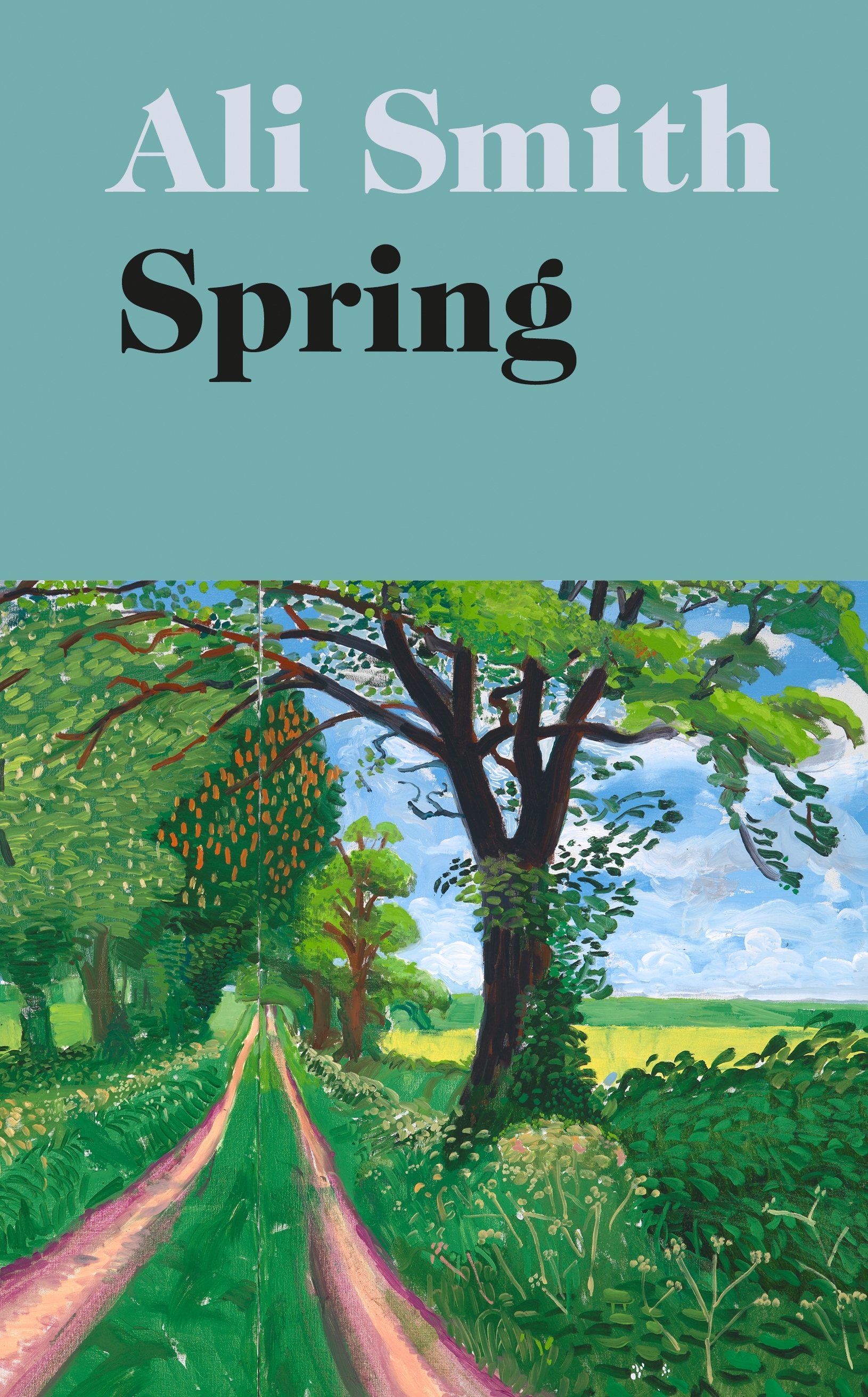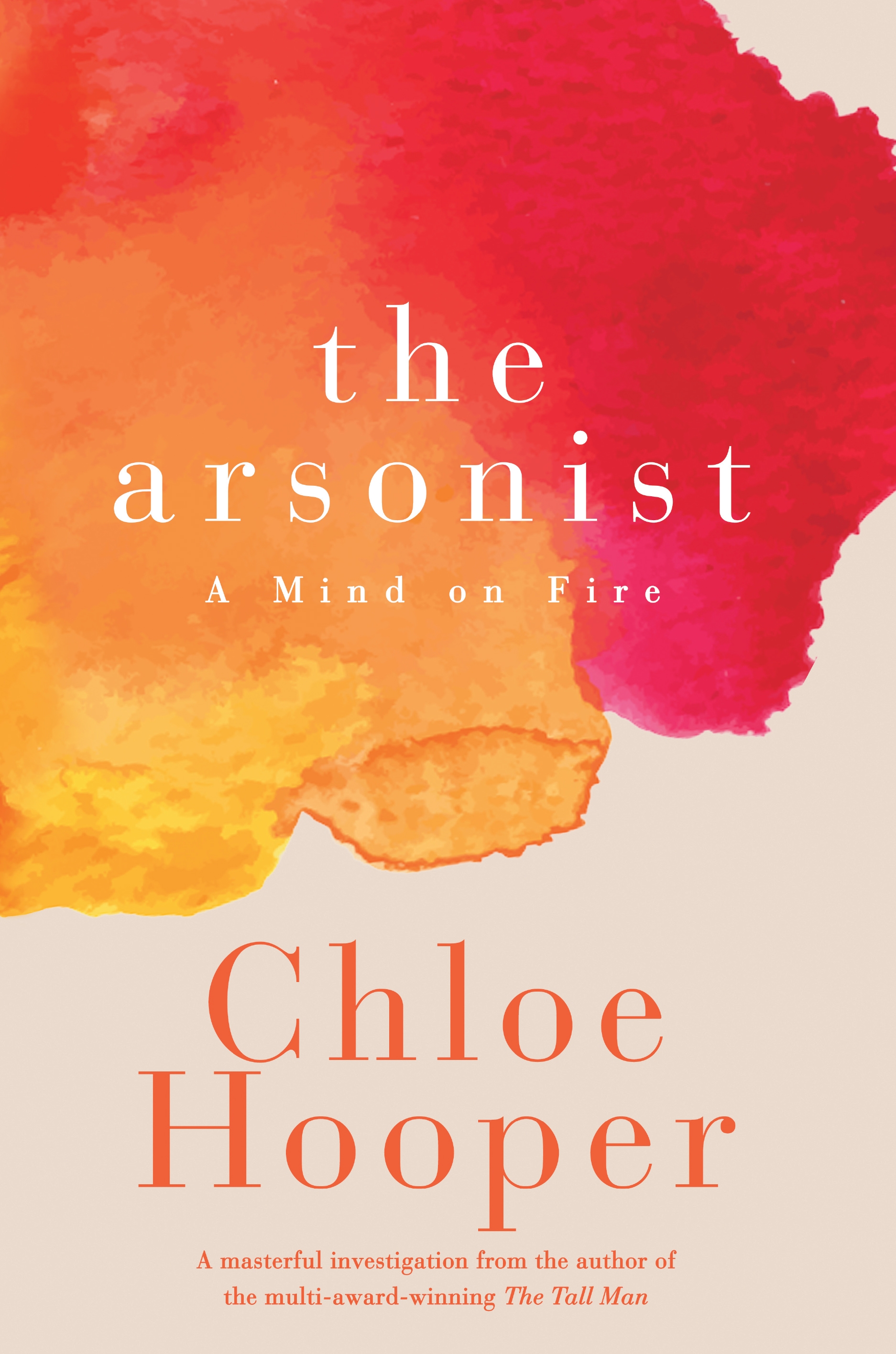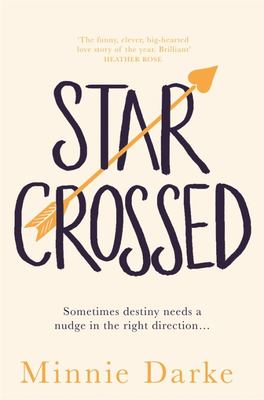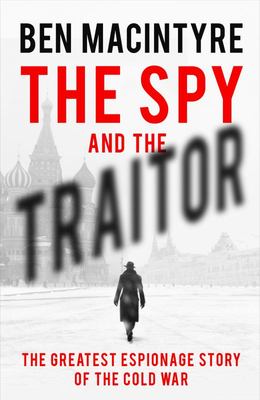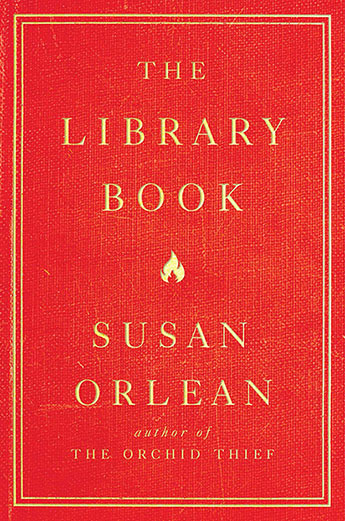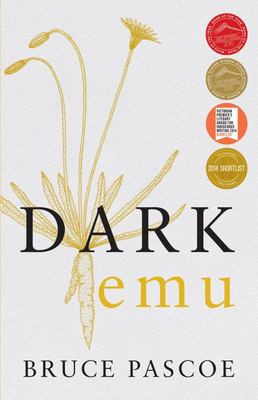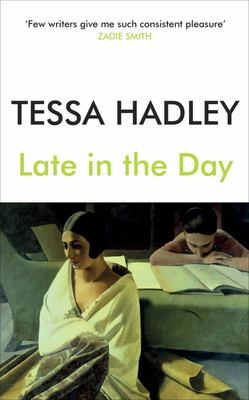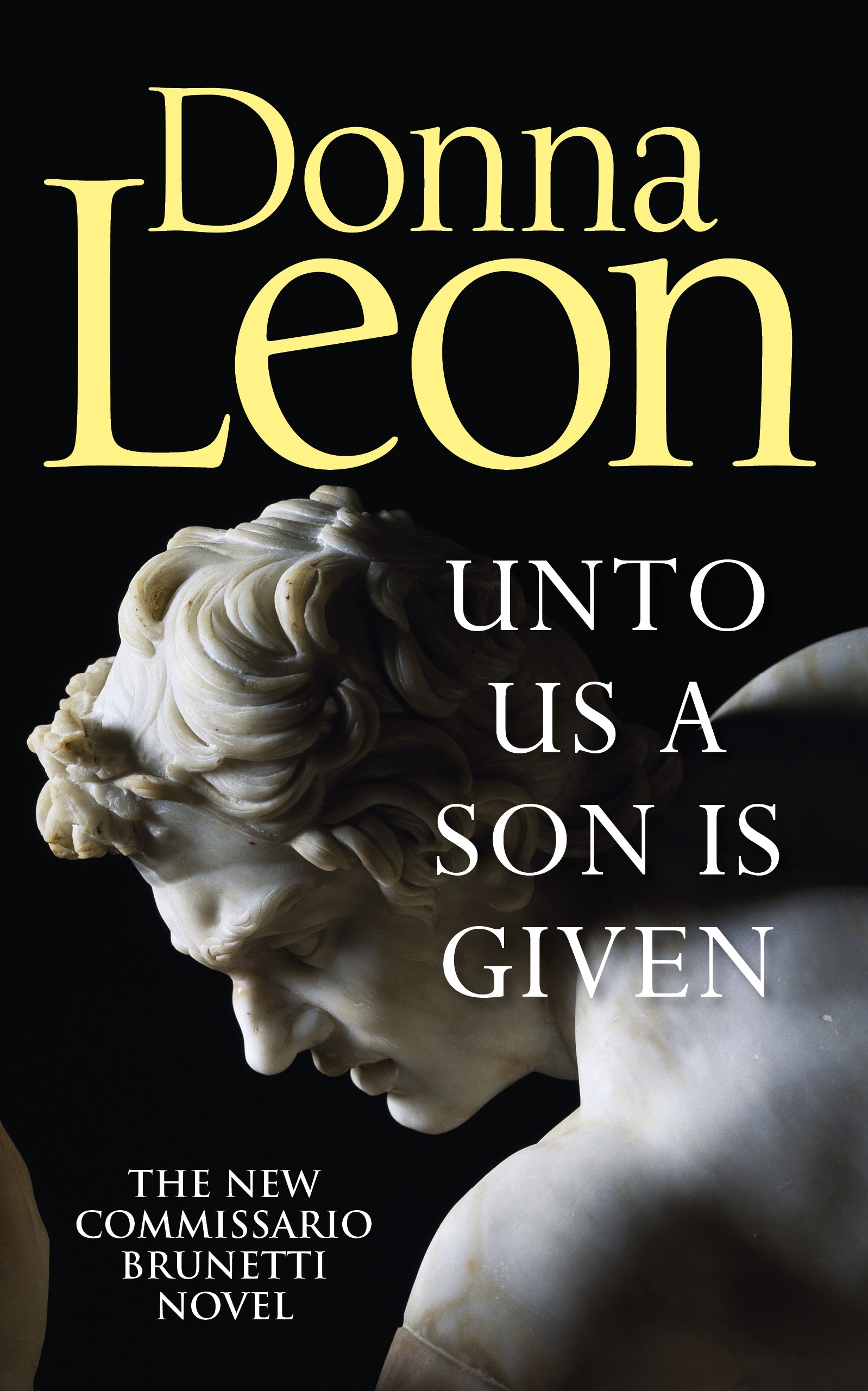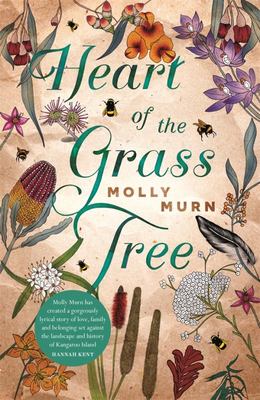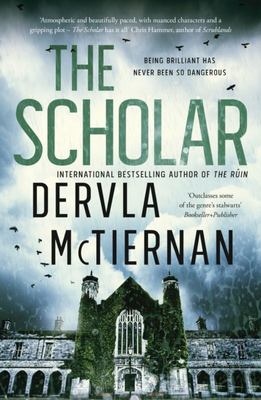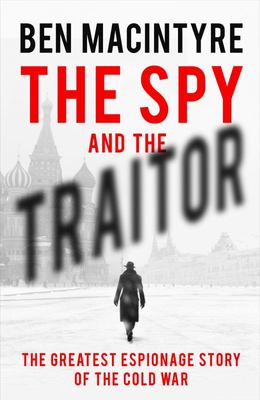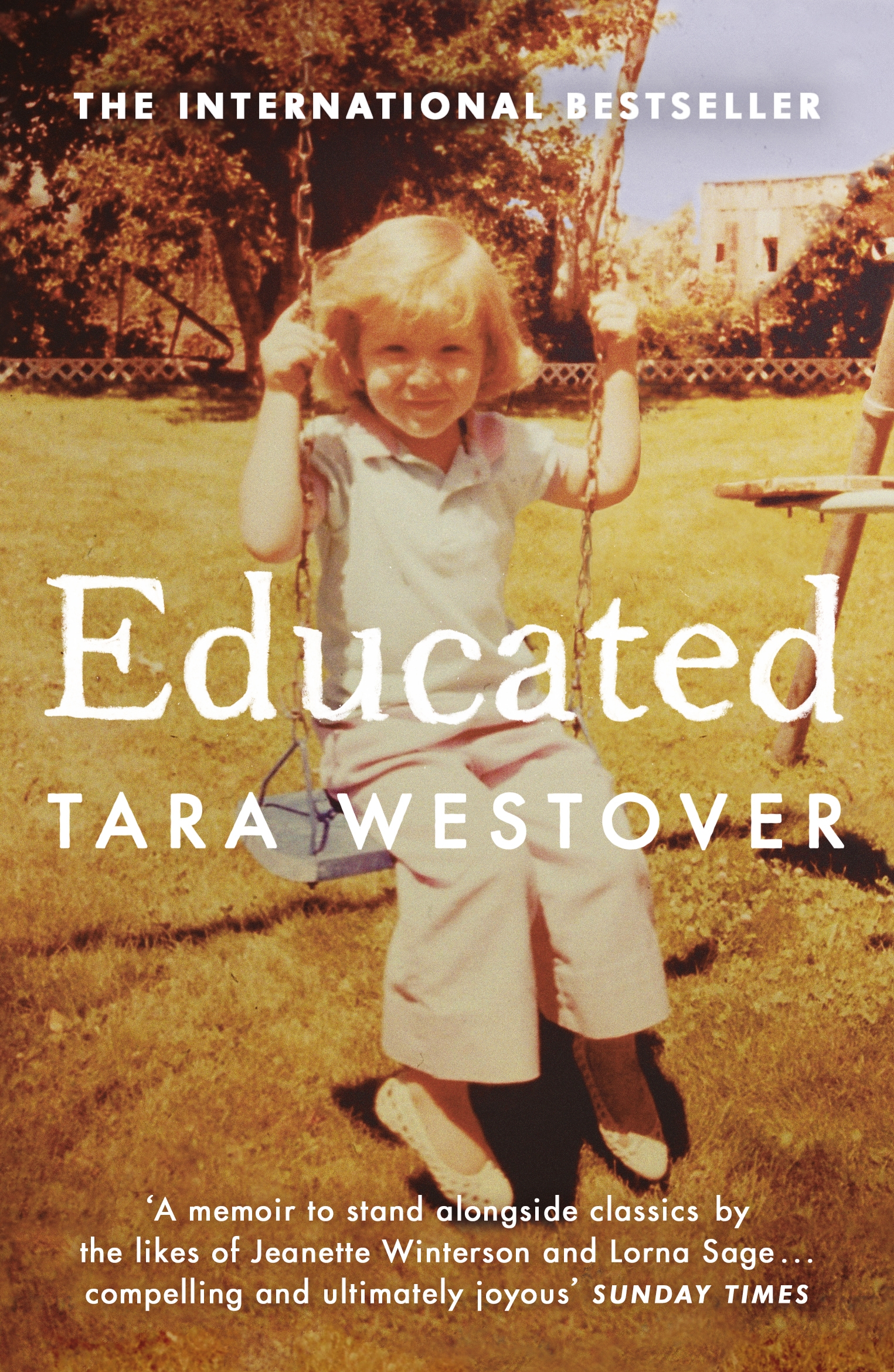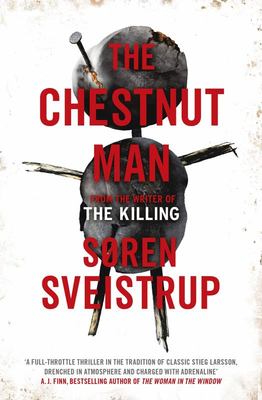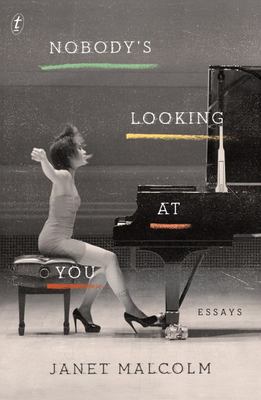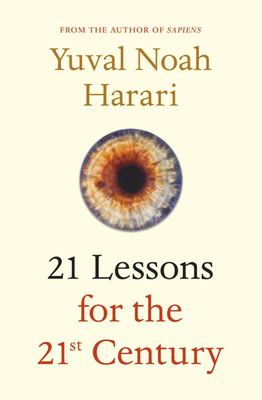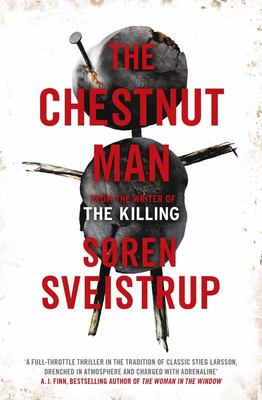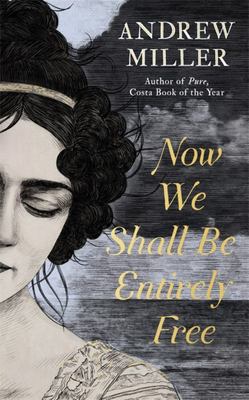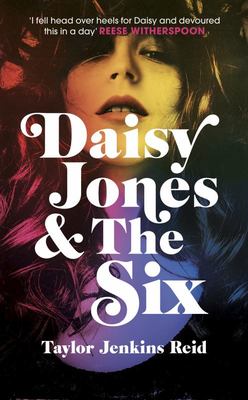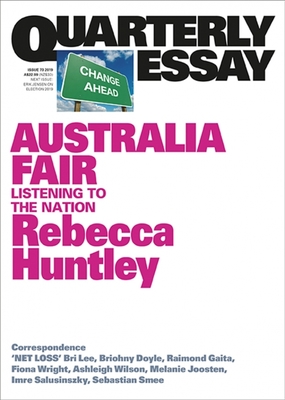Reviewed by Simon McDonald
Melanie Cheng’s short story collection Australia Day was an absorbing panorama of contemporary Australia, populated by a diverse cast, that highlighted the ramifications of such an eclectic potpourri of different races and faiths coexisting. The fourteen powerfully perceptive stories were written with love, humour, realism, and a distinct edginess — and left me wanting more. Room For a Stranger was worth the wait: Cheng’s trademark empathy and sharp insight are out in force here, in a novel that transmutes the texture of human relationships into smart, sensitive, engaging art.
Margaret “Meg” Hughes, an Australian woman in her seventies, lives a in her family home with Atticus, an African grey parrot, her only companion. Hers is a life of contented isolation; accustomed to the long silences, the sparseness of her daily routine, the pain in her arthritic knees. But following a break-in —more melodramatic in her mind’s eye than it was in reality, perhaps, but still discombobulating — she can’t bare the solitude and her vulnerability, so for her own protection, applies to share her home with a university student. Andy, from China is facing problems of his own; failing his university course that his parents are paying for while they struggle with health and financial issues. He feels burdened with guilt by his inability to match his father’s lofty expectations. You could not put two more dissimilar people together; seemingly destined to clash as a consequence of age, gender, race and culture. The lesson here is that there, at the core of humankind, there is more that unites us that diversifies us.
Cheng conjures genuine tenderness and empathy for her characters as she explores their histories, what individuates them, and the compassion that ultimately unites them. Her writing is simple, restrained and intelligent; its insights razor-sharp. Room For a Strangeris the kind of book that seduces you from its first page, and with its keen observations, makes you examine your own relationships anew.


